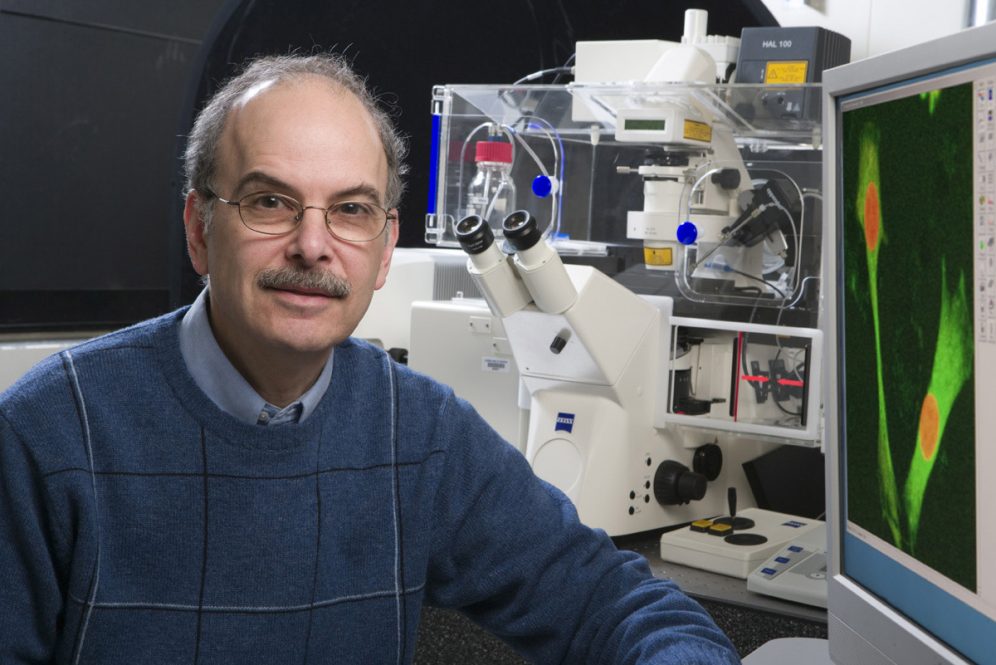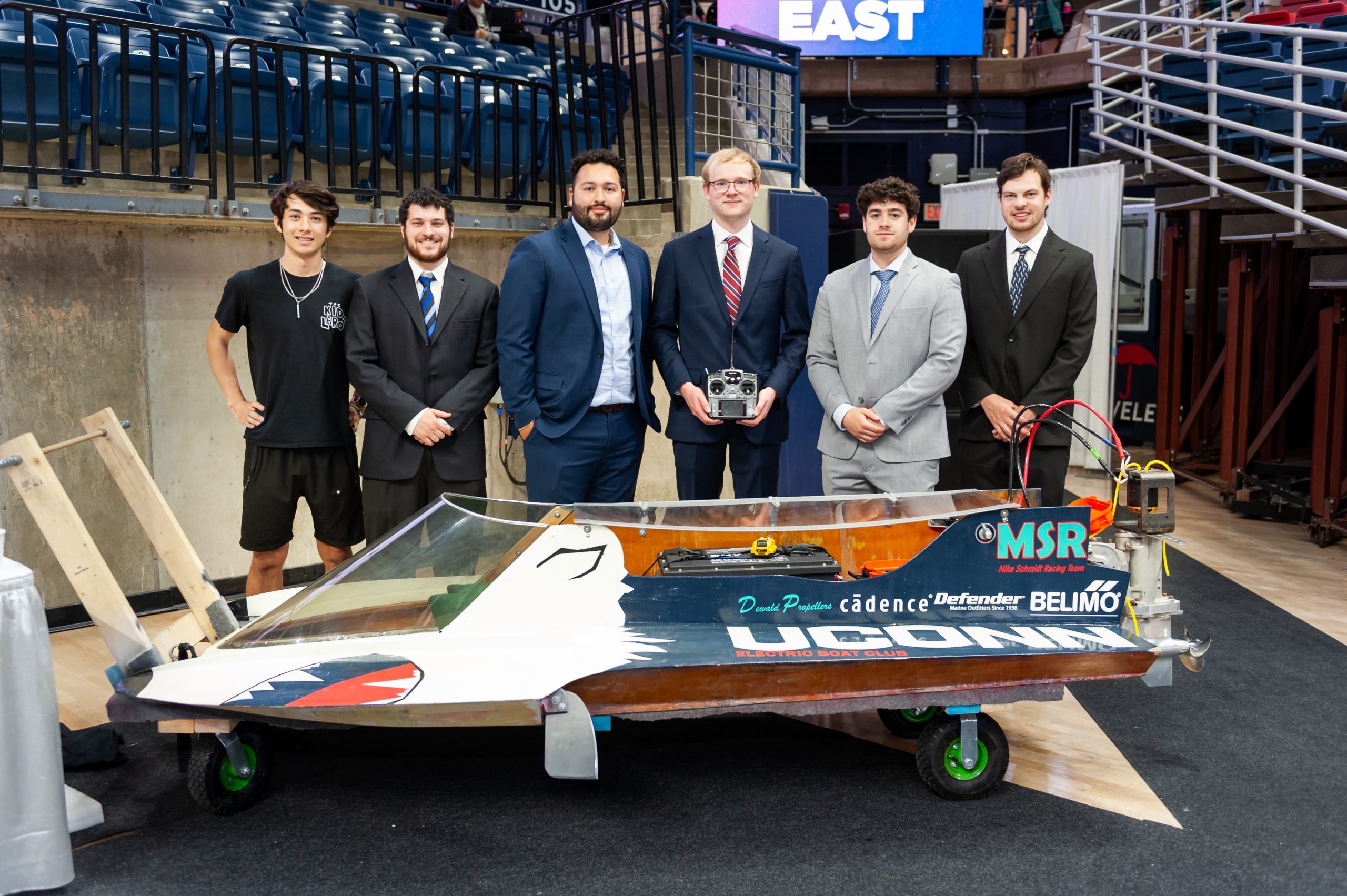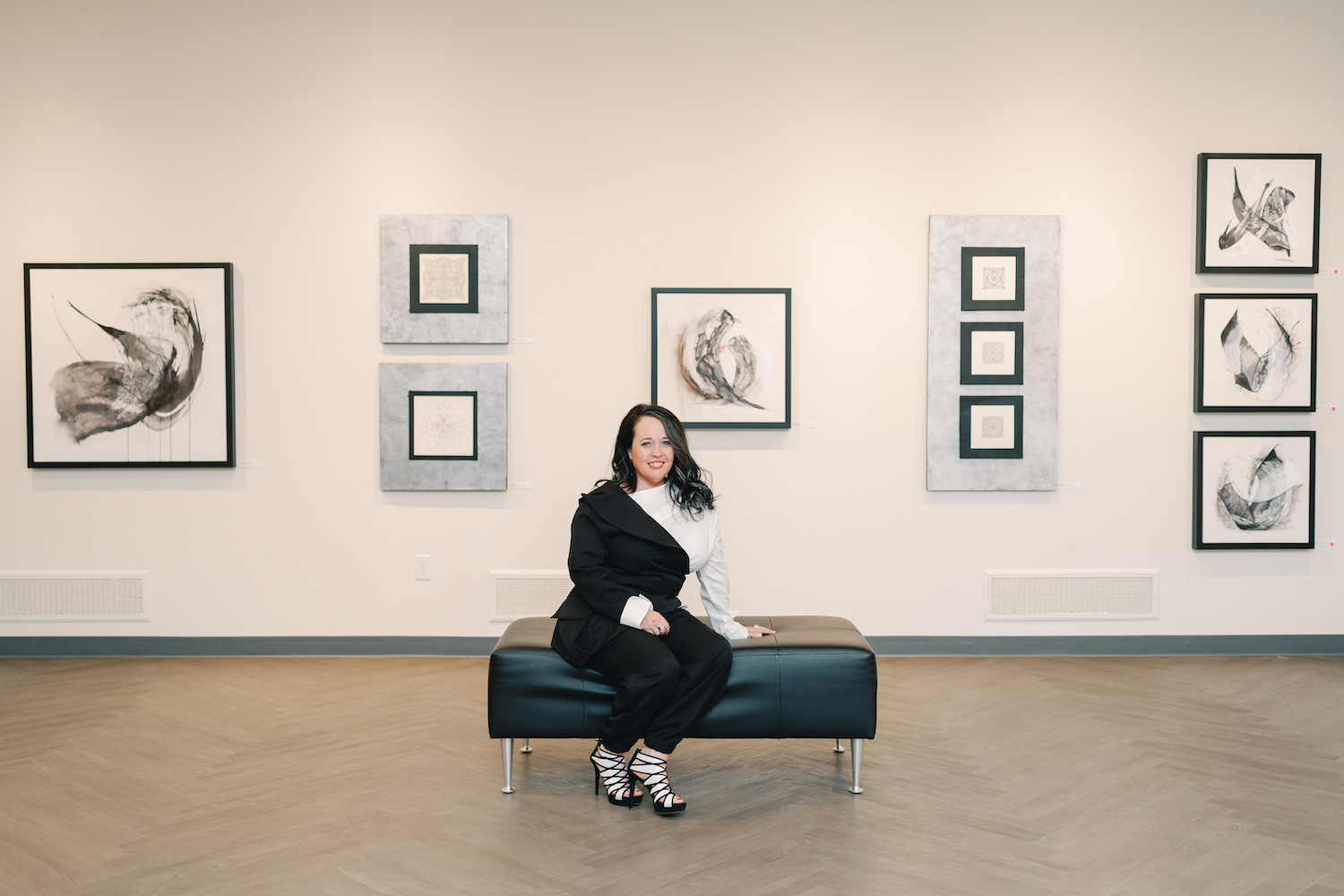The Biophysical Society announced Leslie M. Loew, R.D. Berlin Center for Cell Analysis and Modeling, University of Connecticut School of Medicine, is named a 2025 Biophysical Society Fellow for inventing fluorescent sensors of membrane potential and leadership in the development of computational cell biology.
The Biophysical Society, founded in 1958, is a professional, scientific society established to lead an innovative global community working at the interface of the physical and life sciences, across all levels of complexity, and to foster the dissemination of that knowledge.
The Society promotes growth in this expanding field through its Annual Meeting, publications, and outreach activities. Its 7,000 members are located throughout the world, where they teach and conduct research in colleges, universities, laboratories, government agencies, and industry.
This award honors the Society’s distinguished members who have demonstrated excellence in science and contributed to the expansion of the field of biophysics. The Fellows will be honored at the Biophysical Society’s 69th Annual Meeting, being held in Los Angeles, California from February 15-19, 2025.
“The Biophysical Society Annual Meeting is where I discuss science every year and its flagship publication, The Biophysical Journal, is where I send most of my scientific papers. So I am truly honored to receive this recognition by my peers in the BPS,” says Loew.
Loew is Professor of Cell Biology, Boehringer-Ingelheim Chair in Cell Science and University of Connecticut Board of Trustees Distinguished Professor at the UConn School of Medicine. Throughout his career his work has focused on quantitative mechanistic investigation of cell and tissue biology. He is known for inventing biophysical methods to investigate these systems, including both microscope imaging technologies and fluorescent sensors. Loew pioneered the synthesis of fluorescent dyes to probe the electrical activity of cells and tissue. For the last 25 years he has been leading the UConn team that develops the “Virtual Cell”, comprehensive software to model and simulate cell biology with 26,000 registered users worldwide.
During his 40 year career at UConn he has been awarded research grants amounting to approximately $70M. He established the Richard D. Berlin Center for Cell Analysis and Modeling (CCAM) in 1994 to consolidate research in new optical, photonic, image processing and computational techniques for the investigation of the behavior of living cells.



